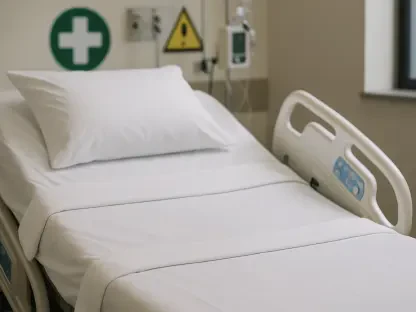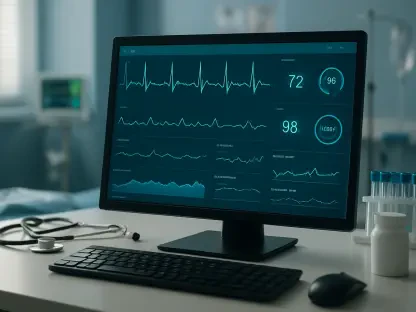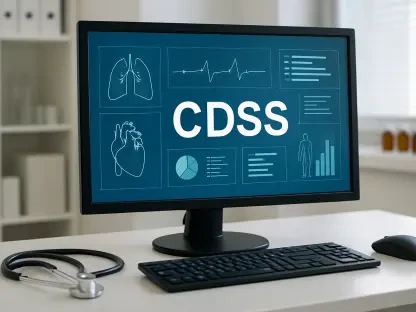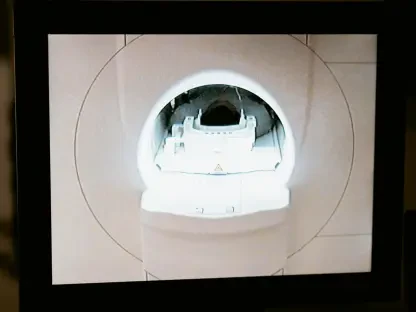The landscape of breast cancer screening has been undergoing a significant transformation with the integration of artificial intelligence. Researchers at Radboud University Medical Center conducted an insightful study highlighting the influence of AI on radiologists’ ability to accurately interpret screening mammograms. By employing an eye-tracking system, the study demonstrated how AI guidance can refine radiologists’ visual search patterns, directing attention to potentially suspicious areas within mammograms. This study, involving twelve radiologists and utilizing one hundred and fifty mammograms, half of which exhibited signs of breast cancer, revealed that AI assistance promoted a more focused and precise examination. As concerns about breast cancer detection linger, the potential for AI to enhance diagnostic accuracy offers hope.
Enhancing Radiologists’ Diagnostic Performance
The study showcases how AI transforms the traditional radiological approach, providing improved precision in breast cancer screening. Equipped with infrared lights and a camera, the AI system facilitated radiologists’ tasks by emphasizing areas on the mammogram that warranted closer inspection. Such technological integration ensured that regions containing lesions received due scrutiny, leading to heightened detection accuracy. Notably, the use of AI did not extend reading time; rather, it optimized the process by accelerating the analysis of normal cases. When AI flagged potential concerns, radiologists spent more time meticulously examining complex cases, ensuring that no critical details were overlooked. This adaptive behavior, driven by AI scores, underscored the system’s role in refining the focus of radiologists toward more accurate assessments.
AI’s Role in Maximizing Screening Accuracy
The implications of AI’s involvement in radiological processes extend beyond just guiding radiologists. By augmenting their efforts and ensuring appropriately directed attention, AI has demonstrated its utility in improving screening outcomes. The study’s findings affirm that with AI, radiologists are better equipped to identify troubling areas that might otherwise be missed. The system acts as a cooperative partner, ensuring a comprehensive evaluation by highlighting suspicious regions for further investigation. Ultimately, AI in medical imaging not only enhances the skills of radiologists but also heralds a shift toward more reliable breast cancer screenings. This technological collaboration inspires optimism for future advancements in diagnostic methods, promising improved detection rates and, consequently, better patient outcomes. The study reinforces AI’s potential to play a transformative role in medical imaging, guiding healthcare professionals toward more efficient and effective cancer screenings.









